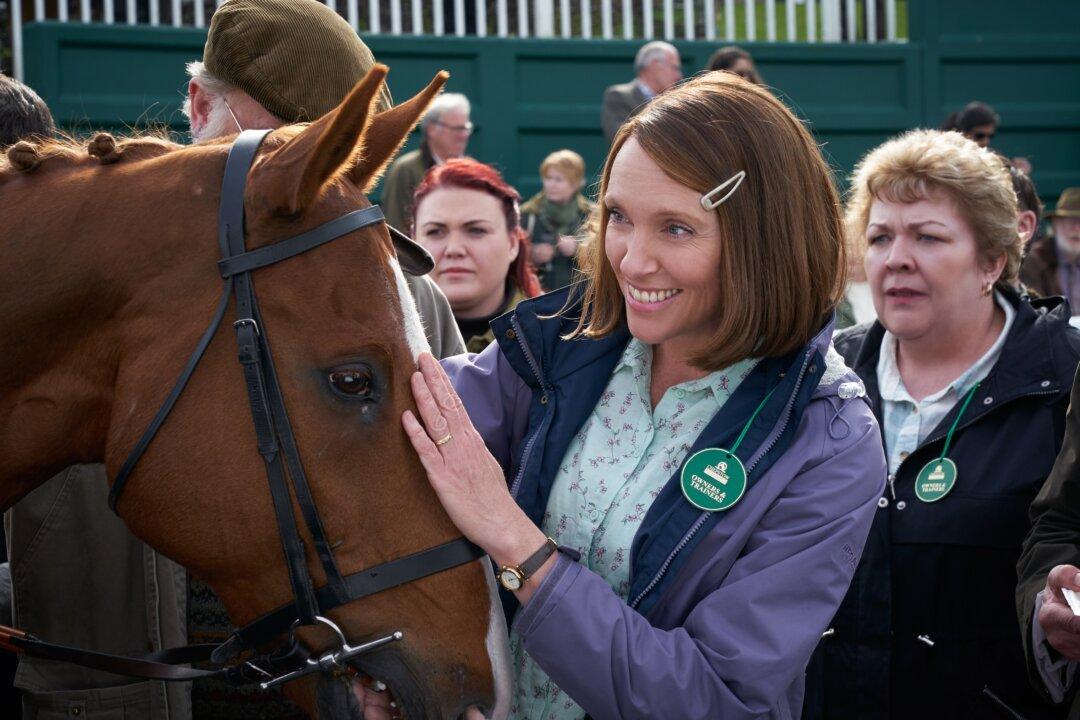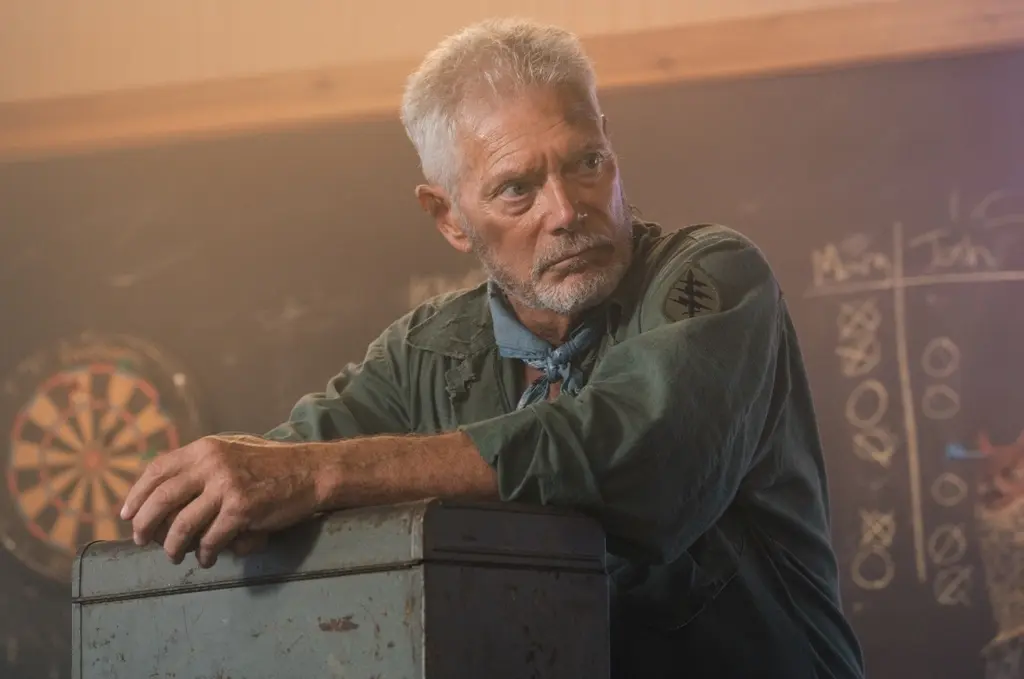PG | 1h 53min | Biography, Comedy, Drama | 21 May 2021 (USA)
Pooling together every possible narrative hook from practically every uplifting movie ever made (but in a good way), “Dream Horse” tells a simple story of an unaffected group of people united in a cause that will tug at the heartstrings of viewers, especially those who have ever had a close connection to an animal—meaning about 99 percent of the entire human population.






